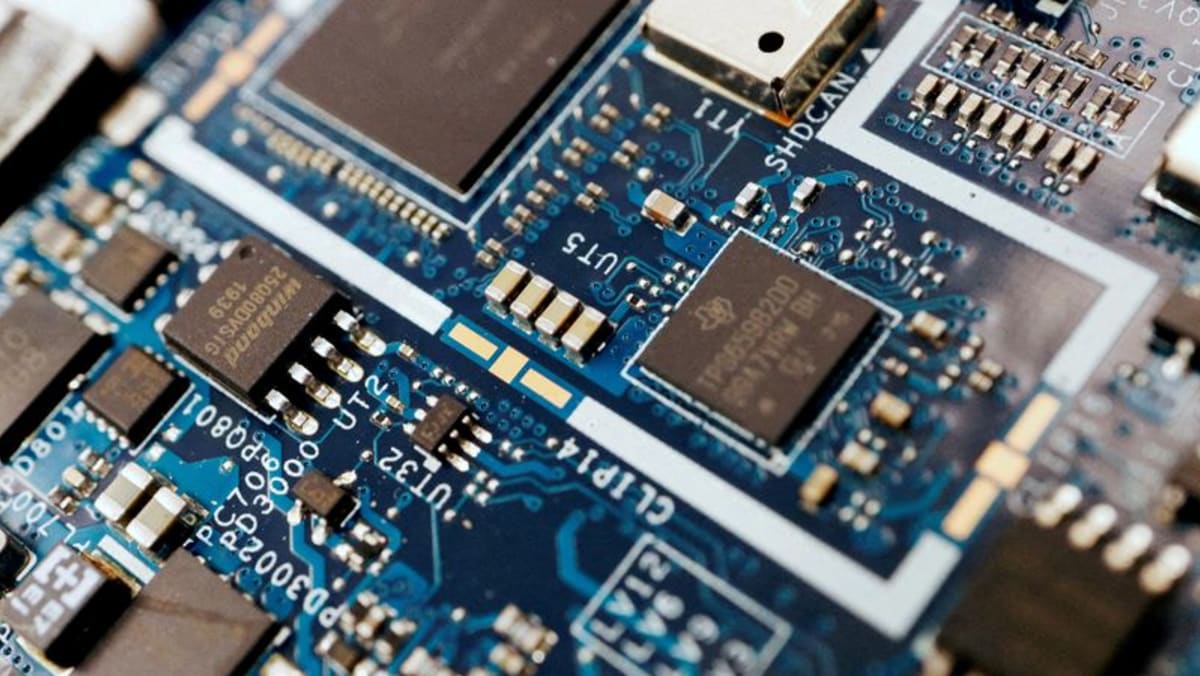Beijing Responds Strongly to US Warnings on AI Chips











2025-05-21T02:00:52Z

BEIJING: On Wednesday, May 21, the Chinese government issued a strong condemnation regarding the latest warnings from the United States concerning the use of artificial intelligence (AI) chips manufactured in China. In a statement, Beijing vowed to take decisive action against what it described as 'bullying' tactics aimed at restricting access to high-tech semiconductors and the critical supply chains that support them.
Over the past few years, the U.S. government has increasingly sought to limit the export of advanced semiconductor technology to China. This campaign is fueled by concerns that such technologies could be utilized to bolster China's military capabilities and potentially threaten American supremacy in the rapidly evolving field of AI. The implications of this technology race are significant, with AI regarded as a transformative force in numerous sectors, from defense to healthcare.
Adding another layer of complexity, last week, the administration of former President Donald Trump rescinded certain export restrictions on cutting-edge computing semiconductors. This decision was made in response to pressure from several countries that argued they were being excluded from vital technology necessary for the advancement of their own AI initiatives.
However, this move was met with skepticism by some U.S. lawmakers, who expressed concerns that such relaxations could inadvertently drive allied nations to seek partnerships with China for AI chips. This, they feared, could accelerate the development of state-of-the-art technology in China, countering U.S. efforts to control the narrative on global AI innovation.
In conjunction with these changes, the U.S. also unveiled fresh guidelines aimed at advising companies that utilizing high-tech AI semiconductors produced in China—specifically those from tech giant Huawei, such as the Ascend chips—could expose them to violations of U.S. export controls. This has raised alarm among businesses that rely on such technologies for their operations, as they must navigate an increasingly complex regulatory landscape.
In response to these developments, China's Ministry of Commerce released a statement asserting that the U.S. warnings represented a classic case of unilateral bullying and protectionism. They argued that such actions severely undermine the stability of the global semiconductor industry and disrupt essential supply chains. Furthermore, the ministry accused the U.S. of abusing export controls as a means to stifle and contain China's growth.
The statement emphasized that these actions inflict considerable harm on the legitimate rights and interests of Chinese enterprises, jeopardizing the nation's broader development objectives. In a particularly stern warning, the ministry cautioned that any organization or individual that enforces or assists in enforcing these U.S. measures could face violations under Chinese law.
Moreover, China pledged to take firm and resolute steps in defense of its legitimate rights and interests in light of these ongoing tensions, signaling a potential escalation in the ongoing trade and technology conflict between the two global superpowers.
 Hans Schneider
Hans Schneider
Source of the news: CNA